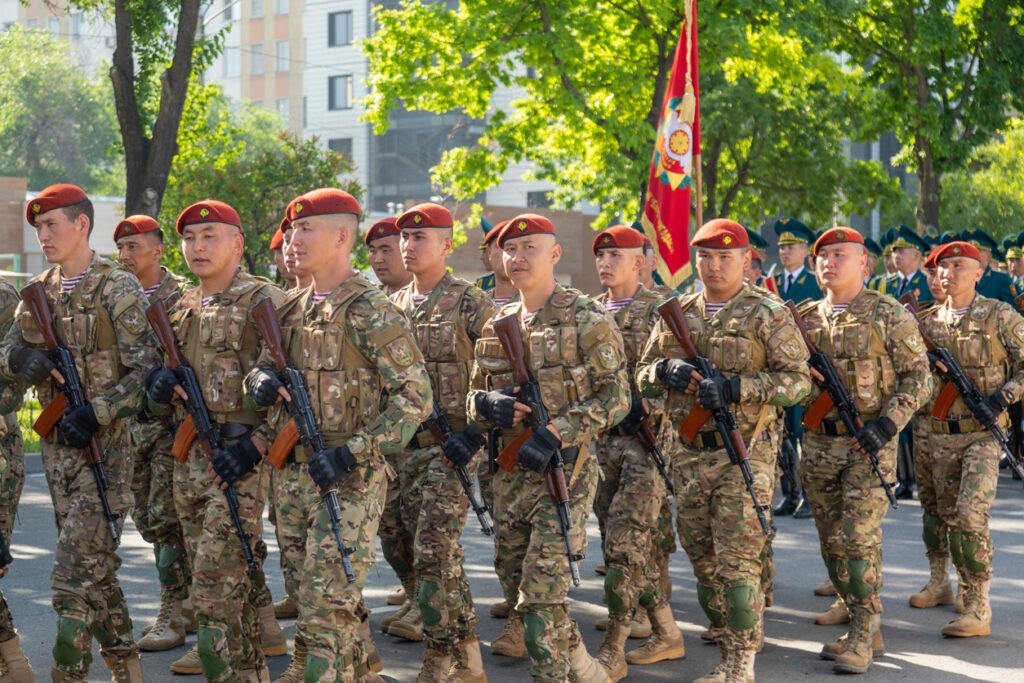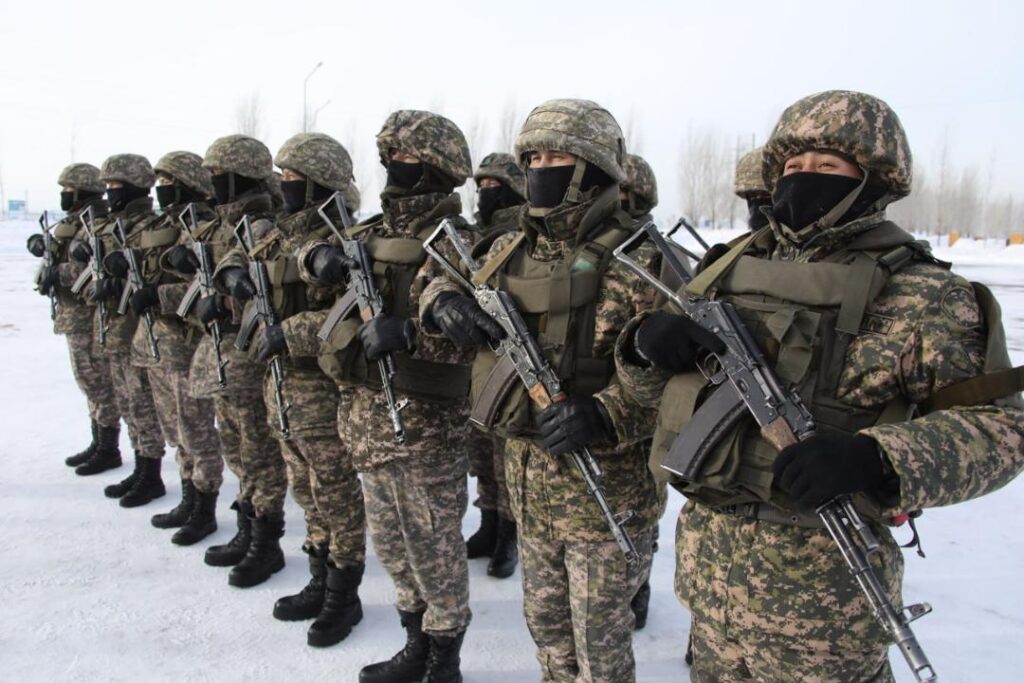KABUL (TCA) — Civilian casualties in Afghanistan declined 6 percent during the first nine months of 2017, the United Nations says, as the Kabul government continues to battle militants after nearly 16 years of war, RFE/RL reports.
The UN Assistance Mission in Afghanistan (UNAMA) said in a report published on October 12 that it documented 8,019 civilian casualties, including 2,640 deaths, for the period of January 1 through September 30.
“As ground engagements continued to cause most civilian casualties, suicide and complex attacks, and improvised explosive devices (IEDs) took a heavy toll on Afghan civilians,” the report said.
It added that those living in the provinces of Kabul, Helmand, Nangarhar, Kandahar, and Faryab suffered the heaviest losses.
Of the overall civilian casualties, UNAMA said that 64 percent, or 5,167, were caused by “antigovernment elements.”
It attributed 66 percent of those casualties to the Taliban, 10 percent to militants linked with the extremist group Islamic State (IS), and the rest to unidentified antigovernment elements.
“Antigovernment elements continued to target civilians intentionally using an array of tactics in attacks that amount to war crimes pursuant to international humanitarian law,” it said.
The report added that attacks targeting the Shi’ite population as they attended mosques or religious ceremonies resulted in 278 civilian casualties, including 84 deaths.
UNAMA said that civilian casualties attributed to pro-government forces fell 19 percent to 1,578, including 560 deaths. Meanwhile, civilian casualties caused by air strikes surged 52 percent.
The UN mission said it documented 466 civilian casualties — 205 deaths and 261 injuries — during the first nine months of the year from air strikes, with women and children representing 68 percent of the casualties.
A U.S. report found earlier this year that the Taliban controls or contests control of about 40 percent of the country, and security forces are also fighting against militants affiliated with the IS group.
The administration of President Donald Trump has recently unveiled a strategy to try to defeat the militants, and officials said more than 3,000 additional U.S. troops are being sent to the country to reinforce the 11,000 U.S. troops already stationed in the country.









